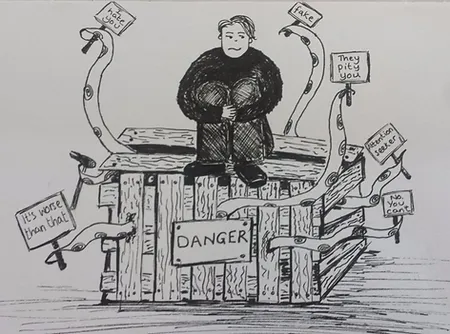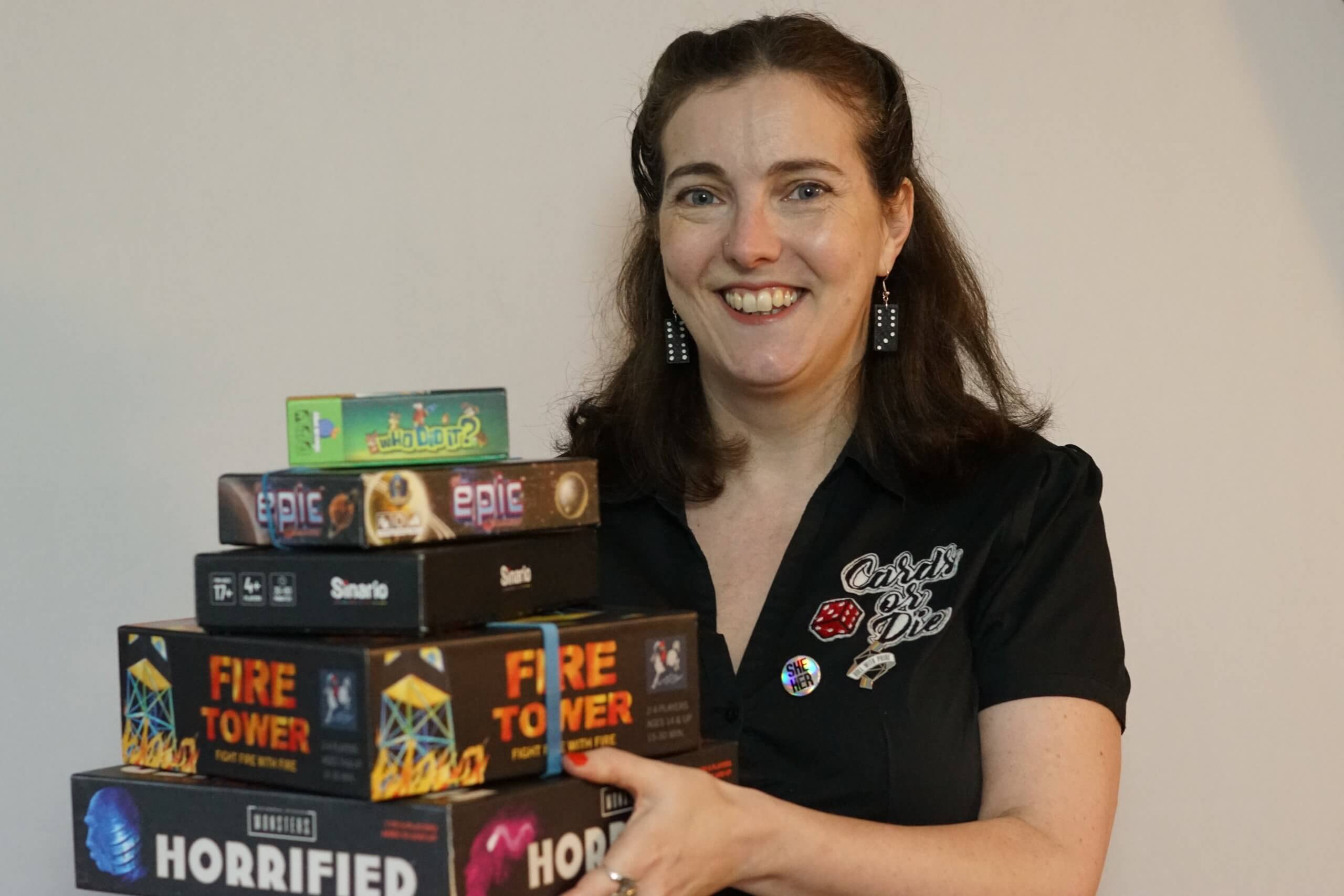Since starting Cards or Die, I have had numerous conversations about the value of time. How do we decide what to charge for our time? Whatever price you set sends out a message to your customers – too low and they may question your quality; too high and they may baulk at the price. And of course, as ever the anxiety monster looms large in my decision making: what am I worth? The monster has a loud answer to that.

18 years ago, I started teaching. I had looked at what the job entailed and the salary and accepted the job. At that time, if I ran a revision class in the holidays or after hours I earned extra money: £15 for an hour; £120 for a full day. My time had a clear price and value. When someone else is setting your pay, it is easy to value your time as the decision is made for you. You decide whether you want to do that job at the rate you have been offered.
Time passed; funding was cut, pressure increased and so the revision classes ran more frequently and became unpaid. Those that refused to teach them were frowned upon, and those that ‘enjoyed’ their holiday put under a cloud of blame for future failures. Increased pressure meant it was often more important to the teacher than to the student that the student achieve their projected grade. In fact it was rare for people to refuse to teach for free in the holidays and after school. It became the accepted norm. I’m convinced that the scant value that my time had has contributed to my current struggle with the question of valuing my time.
For years a proportion of my time has been given for free. And although the value of the hours I have donated to schools and young people is clearly valuable, that time was not financially valued. Which brings me to today and the question;
‘How do I assign value to my time? What am I worth?’
I find this both challenging and complex. Especially as a small business when the received wisdom seems to be that you have to do lots of things free to get your name out there.
How do I value others?
Well, I always buy the same tea bags: Twinings Earl Grey. Once I bought Tesco’s finest own brand and… they were fine. My unsophisticated palate detected no difference at all. I resolved to buy them in future and I did for a while but in the end I drifted back to Twinings. I have never even tried Tesco value tea bags. I am not telling you this because I am setting my fees in order to keep me in Twinings Earl Grey tea. Rather, I have selected my tea bags based on price and assumed value. If our fees are too low people may assume we are the Tesco Value tea bags. Pricing yourself too low is as damaging as setting prices too high. I want to be the Twinings of board gaming: priced so that people see me as quality they can rely on. The other pitfall of low pricing is that it can then be difficult to raise your prices as you expand.
Equally, I don’t want to be Fortnum and Mason tea; (delicious as I’m sure it is) I don’t want to be an occasional treat that not everyone can afford. I want people to book me more than once and recommend me without having to caveat or explain my price.
When valuing others I consider the following:
- How much can I afford?
- How much is what they are offering worth? I consider their time, expertise and possible costs.
- Can I get the same service elsewhere for a better price? The key here is ‘the same’, I don’t want to pay less and get a worse service, especially for important events. This means that I would research other services.
As I said earlier, my biggest struggle with all of this is over self worth. Judging by the conversations I’ve had with people recently – and I have to say it is mainly women that share this concern- I am not alone. When the voice in your head repeatedly tells you how worthless you are, it is hard enough without then having to create a price structure for your worthlessness. External arbiters then contribute to this because everyone is trying to get the best price and so inevitably I must convince people that I am worth it. Add to this the imbalance which exists between what men charge and what women charge and it is trickier still. Somehow I need to start this by convincing myself of my own self worth. I need to get all those techniques I learnt in Cognitive Behavioural Therapy out again and work through them again. Mental health is relentless, it is a constant battle of varying intensity. But I have passion and determination for my business and I will succeed.


Just as in Cognitive Behavioural Therapy when we learnt about ‘Being your own best friend’, in business I am being my own customer; treating myself how I would treat other businesses. I would expect to pay a fair rate for services rendered. This helps me because, for me, the ‘What am I worth?’ question is so anxiety ridden that I struggle with it. So, in addition to the questions above I also ask myself:
- How much do I need to earn to be happy and keep the business strong?
and
- How can I balance charges to ensure that my business is inclusive and accessible?
So, fellow worriers – apart from the mantra ‘Don’t be the tesco value teabags’, I may not have any answers – but perhaps by considering the questions we can move closer to some… ..I’m still working on this, and if like me you worry endlessly about the answers, know that you are not alone. How do we persuade ourselves we are the Twinings or the Tesco Finest of our endeavours?
How do you manage this thorny issue?
I would love to hear from you: advice, tips, experiences and thoughts.
